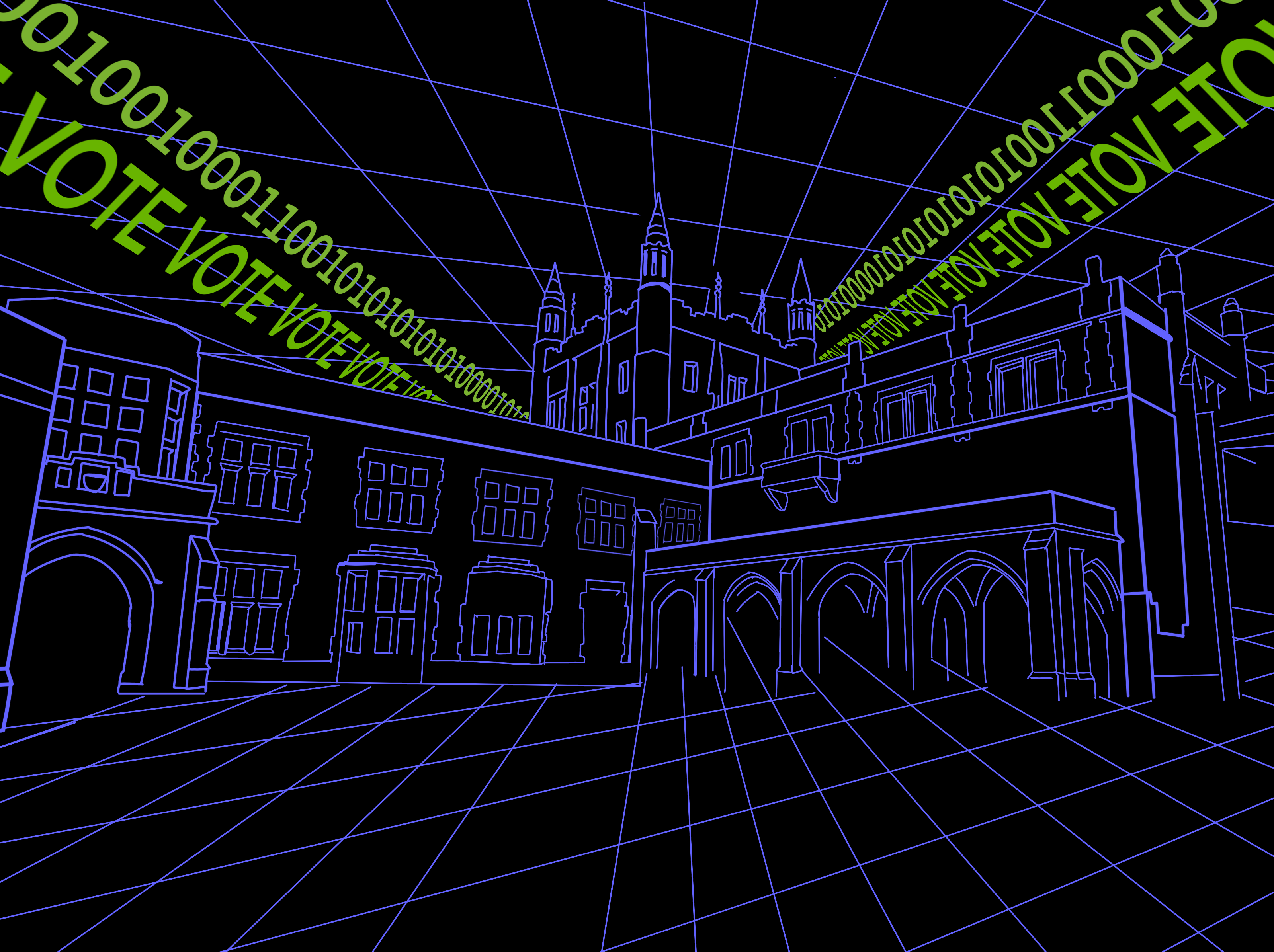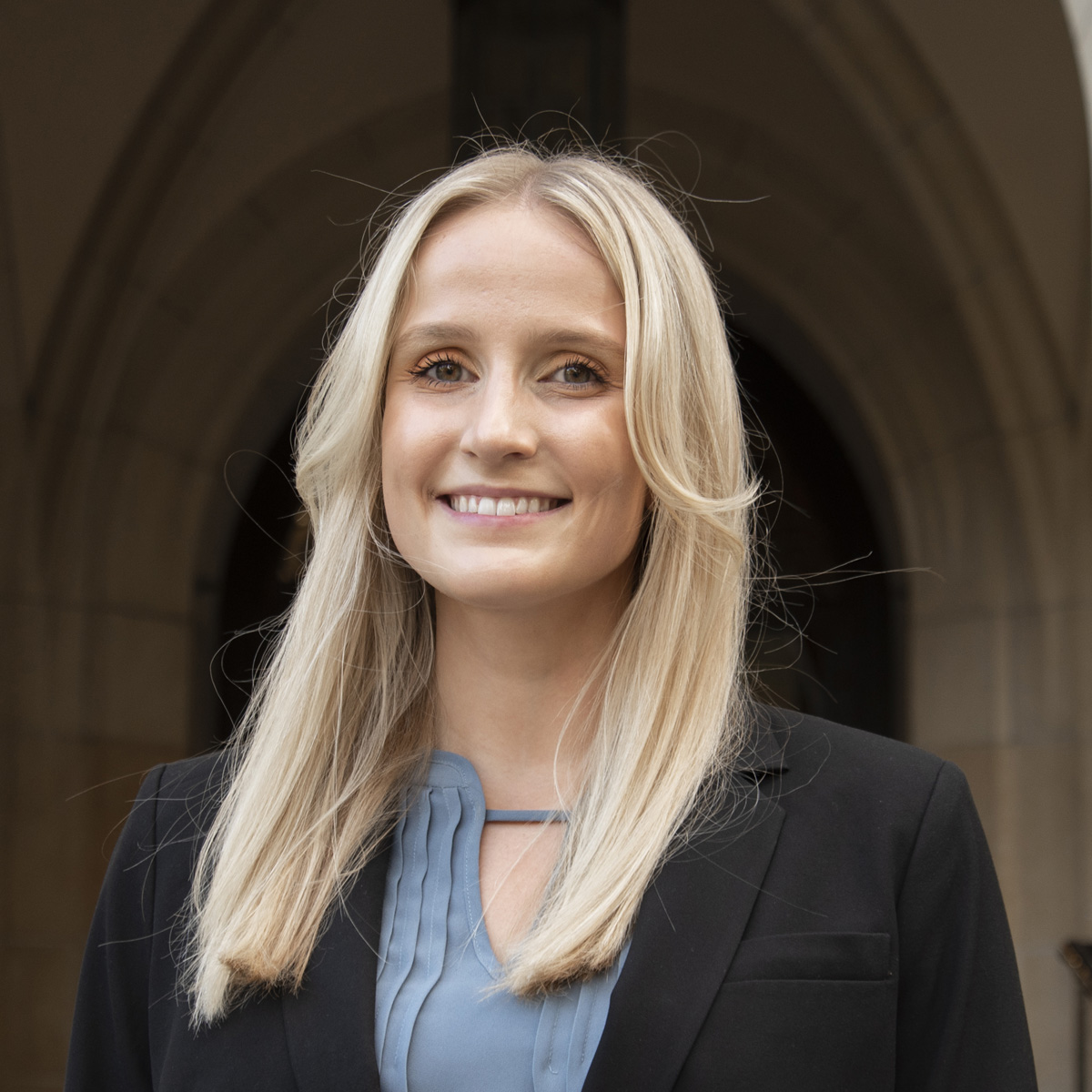Undergraduate Students Association 2021 elections to be held entirely online

The Undergraduate Students Association will hold its spring election entirely online in 2021.

By Sydney Kovach
Nov. 9, 2020 8:41 p.m.
This post was updated Nov. 15 at 8:12 p.m.
The undergraduate student government is looking for ways to increase voter engagement for the fully-online spring 2021 election.
The 2021 spring Undergraduate Students Association election season, from gathering signatures to campaigning and voting, will be held entirely online because of the COVID-19 pandemic.
During the 2020 election season, candidates collected student signatures in-person during winter quarter to get on the ballot. Undergraduate Students Association Council candidates continued their campaigns virtually after UCLA transitioned to online instruction in March because of the pandemic. The elections board also moved the candidate debates and voting online.
The lack of physical interaction during the COVID-19 pandemic has made it easier for students to feel disconnected from UCLA, said the USAC Internal Vice President Emily Luong. A 100% online election could result in lower engagement, especially for international students, she added.
USAC election turnouts have remained low for the past 12 years. Turnout dipped in 2019 to 16.8% before almost doubling to 30.6% this spring. Alfred Tun, elections board chair, said his main goal for the 2021 election is to increase student engagement and bridge the disconnect between the student body and student government.
Virtual elections prevent candidates from campaigning with students directly, Tun said. To bridge that gap, the elections board will introduce candidates through video presentations, live and recorded debates and Q&As with candidates.
The elections board will also require candidates to schedule social media posts at times when all students are awake to account for time zone differences international students face. Recordings of debates and other events will be livestreamed and posted afterwards through the elections board website, Tun said.
The elections board is also seeking to make the elections more accessible for students with disabilities, Tun said.
Quinn O’Connor, co-founder of the Disabled Student Union, told USAC officials at their September meeting that a blind student was not able to vote in the 2020 USAC election because the website was not compatible with his screen reader. The elections board is collaborating with UCLA Information Technology Services to adjust the ballot to better accommodate students, in part by including screen readers, Tun said.
The board is also working with the IT department to create electronic signature forms accessible only to UCLA students to help candidates get enough student signatures to qualify for their candidacies, Tun said.
The online platform will allow students to freely access candidates’ stances, Luong said. Students will be able to learn candidates’ platforms, statements and general information on the elections board’s website, Tun said.
“There’s potential in a virtual election to increase turnout, but you do run into the issue of voter apathy from information overload,” Luong said.
Tun said low voter turnout could be because many students are not informed about the importance of USAC’s role on campus – many students don’t know that USAC manages more than $10 million in student fees, Tun said.
South Campus students are less likely to engage with USAC than North Campus students, Tun said. A disproportionately small percent of South Campus students run for USAC offices, adding to South Campus voters’ apathy, Tun added.
Manu Vohra, a third-year integrative biology and physiology student and the co-director of hospital operations for the student organization Pre-Medical Undergraduate Learning Through Shadowing Experience, said he never cared about researching USAC candidates or voting in council elections because he does not know a lot about what USAC does.
Jessie Chen, a second-year materials science and engineering student, said South Campus students are less likely to participate in student government because their participation in student government does not necessarily advance their careers.
“(For South Campus students, USAC is) more like something that’s taking away from potential time that you could be dedicating to career development,” Chen said. “Whereas for a lot of North Campus majors, student government participation is career development.”
The recent surge in political activism may encourage students to educate themselves on the USAC candidates’ policy agendas and engage with student government, Chen added.
Luong said South Campus voter apathy toward USAC elections can also be attributed to the council’s lack of outreach to South Campus organizations. South Campus organizations also receive more funding from academic departments and do not rely on funding from USAC as much as North Campus groups do, Luong said.
USAC’s historical underrepresentation of minority groups may also contribute to low voter turnout because historically underrepresented communities do not see themselves as beneficiaries of USAC, and therefore may be less likely to vote, Luong said.
The elections board has asked departmental counselors to email students information about USAC elections, Tun said. The elections board needs academic departments’ cooperation to engage with the students because departments’ emails are more effective at reaching students, he added.
However, some departments send numerous emails each week and students in these departments may not read the entirety of every email, Vohra said. Many academic departments have not responded to the elections board’s repeated attempts to reach out, Tun said. But, he added that he understands departments have other priorities.
USAC passed a resolution in October that said COVID-19 has made USAC’s efforts to engage with the student body even more essential. Navigating the challenges of online learning during the pandemic requires students’ voices to be heard by their student government.
“A lot of our effort is going to depend on how these external entities respond to our efforts,” Tun said.


